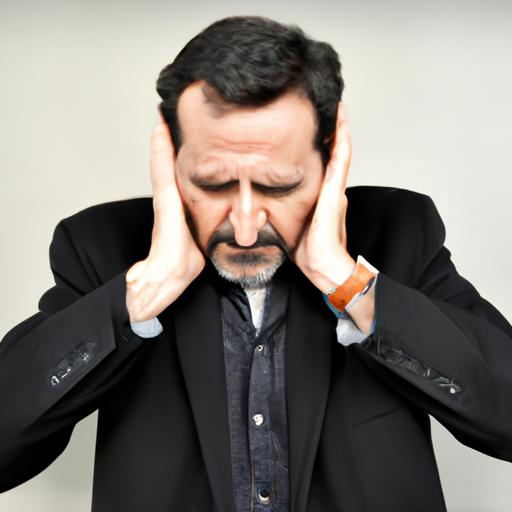
Post-traumatic stress disorder (PTSD) is a mental health condition that can develop after experiencing or witnessing a traumatic event. This condition can have a significant impact on a person’s everyday life, making it important to recognize the symptoms to seek treatment and support. In this article, we will explore the common symptoms of PTSD and how it can manifest in individuals.
PTSD can occur after experiencing events such as war, natural disasters, physical or sexual assault, accidents, or other life-threatening events. It’s important to note that not everyone who experiences trauma will develop PTSD, and the symptoms can vary from person to person. However, understanding the common symptoms can help in identifying and addressing the condition.
1. Intrusive memories
One of the hallmark symptoms of PTSD is experiencing intrusive memories of the traumatic event. These can manifest as flashbacks, nightmares, or distressing thoughts that seem to come out of nowhere. Individuals with PTSD may feel as if they are reliving the traumatic event, causing intense emotional distress and physical reactions.
These intrusive memories can be triggered by various cues in the environment, such as sights, sounds, or smells that are reminiscent of the traumatic event. This can make it difficult for individuals to feel safe and at ease in their surroundings, often leading to avoidance behaviors.
2. Avoidance and numbness
Individuals with PTSD may go to great lengths to avoid anything that reminds them of the traumatic event. This can include avoiding specific locations, people, or activities that trigger distressing memories. In some cases, individuals may also avoid talking about the event altogether, leading to social withdrawal and isolation.
Alongside avoidance, individuals with PTSD may also experience emotional numbness, feeling detached from their emotions and the world around them. This can make it challenging to engage in meaningful relationships or find enjoyment in previously pleasurable activities, contributing to a sense of emptiness and disconnection.
3. Negative changes in thinking and mood
PTSD can also lead to significant changes in an individual’s thinking patterns and emotional response. This can manifest as persistent negative beliefs about oneself, others, or the world, as well as distorted feelings of guilt, shame, or blame related to the traumatic event.
Individuals with PTSD may also experience persistent feelings of fear, horror, anger, or sadness, often leading to difficulties in experiencing positive emotions. These negative changes in thinking and mood can have a profound impact on a person’s overall well-being and outlook on life.
4. Changes in arousal and reactivity
PTSD can lead to heightened arousal and reactivity, causing individuals to be easily startled, irritable, or hyper-vigilant. This can result in difficulty concentrating, sleeping disturbances, and a heightened startle response, making it challenging to relax and feel at ease.
Changes in arousal and reactivity can also lead to reckless or self-destructive behavior, as individuals may engage in risky activities as a way to cope with their distress. This can further exacerbate the impact of PTSD on a person’s overall functioning and well-being.
5. Physical symptoms
PTSD can also manifest in physical symptoms, such as headaches, gastrointestinal issues, and chronic pain. The constant state of hyper-arousal and stress can take a toll on the body, contributing to a range of physical complaints that can further compound the impact of the condition on an individual’s daily life.
It’s important to recognize that the symptoms of PTSD can vary in intensity and duration, and individuals may present with a combination of these symptoms to differing degrees. Seeking professional support and treatment is crucial in addressing the impact of PTSD and promoting recovery and healing.












